Bits of History
By Bev Goodale, Curator September, 2025
The cool sunny days of fall make it the perfect time for leaf peeping, apple picking and “Flea Marketing”. Flea Markets have a real advantage over yard sales, many vendors in one place and they combine exercise with pleasure. There is also the added chance that you might find a treasure. The fun is in the hunt!
This past weekend my partner and I visited a local Flea Market. I made a great find, a 6”X3.5”X1” vintage Christmas box that once held 48 Christmas candles for tin candle- holders. They were manufactured by the Standard Oil Company in the 1920’s. The box was in very nice condition with lovely graphics in Christmas colors. The box did not contain its original contents but did contain 7 vintage candle-holders, some original candles both used and unused and a child’s tin play knife and spoon. I couldn’t wait to get home to my computer to research the history of my find. I have learned so much doing this.
The Standard Oil Company’s best selling product was originally paraffin wax, a by product of refining petroleum and used in canning and preserving food. They also made candles from paraffin at their factory in Whiting, Indiana. The Whiting Candle Factory was in operation for 60 years and annually produced 100 million candles.
Tin candle-holders originated in Germany in the mid 19th century. They were used to hold wax candles and placed on feather trees at Christmas. The tin clip was patented in 1882. In 1879, the first spring clip design by Frederick Arzi was patented. Tin candle-holders were made in many patterns and either painted in bright colors or decorated with colored lacquer, a process called japaning. They remained popular through the 1920’s when the were eventually replaced by electric lights.
I paid $5.00 for my Christmas box with it’s treasurers. I found the same box minus its contents on eBay with an asking price of $42.95 plus shipping of $6.75. Resale for the candle holders are all over the map. It would depend on style and condition. All and all, I am very pleased with my purchase and it is a great addition to my vintage candle-holder collection. I hope this will inspire some of you to go Flea Marketing this fall and have your own “Excellent Adventure” and maybe even find your treasure.
For more information on Christmas Candle-Holders, the Henry Ford Museum has a great article on line called, “Candlelit Christmas Trees”.
An Excellent Adventure
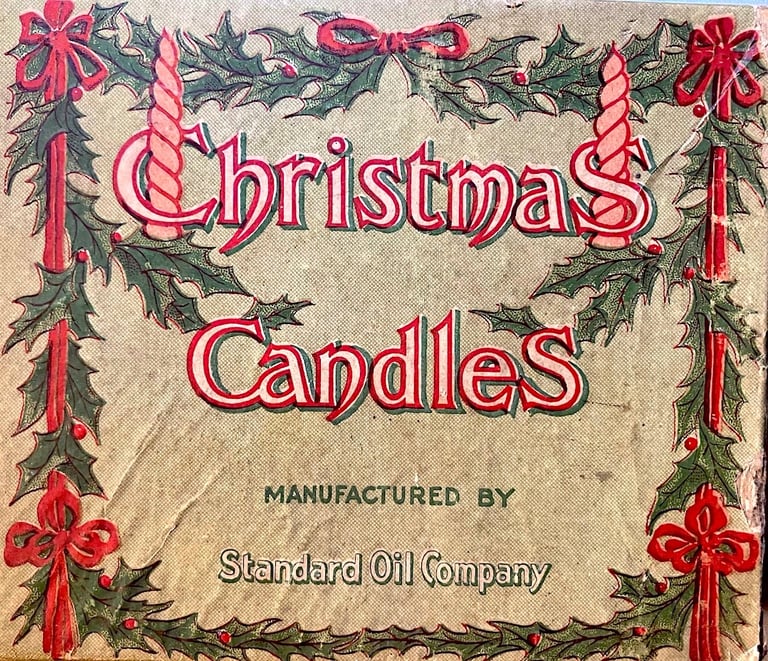

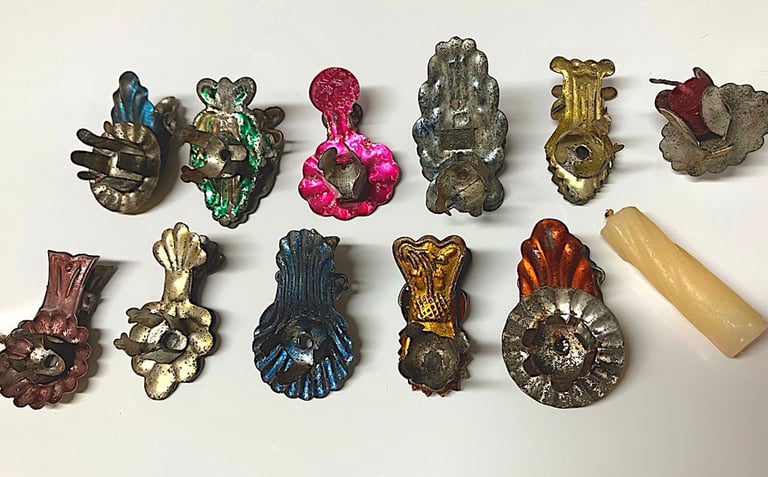

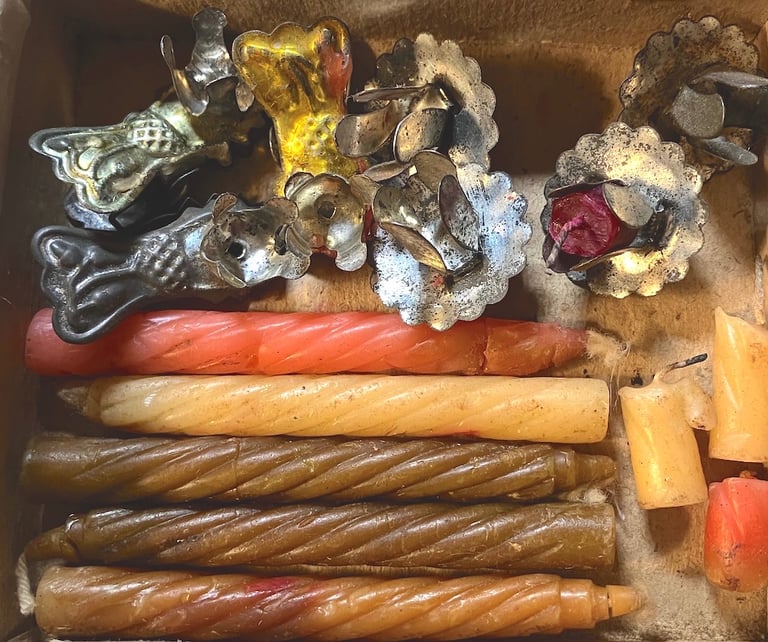

July 2, 1778 - Bathsheba Spooner
One of the Historic Society's treasures is the series of drawings on the attic walls of the Bigelow Tavern showing the 1778 execution of the notorious Bathsheba Spooner. Bathsheba Spooner was convicted of plotting the murder of her husband Joshua Spooner, a prosperous farmer who went missing on March 1, 1778. She was hanged in Worcester, along with her three hit men on July 2, 1778.
At the end of the last century, while the building at 65 Worcester Street was being examined in an attempt to determine its age, several large chalk drawings were found on the attic walls. The drawings showed a woman and some men in detail. Smaller pictures of a public hanging were on an opposite wall. Public hangings were rare in Worcester - and none but the Spooner case involved a woman. We seem to have discovered a contemporary depiction of the hanging of the most notorious criminal of the time.
It has always been difficult to show these pictures to the public, as the attic is not easily accessible. Now the Society has near-life size reproductions which can be displayed on the first floor of the Bigelow Tavern. Stop by and see for yourself! Or purchase the book available in our Shop: A Dreadful Scene.
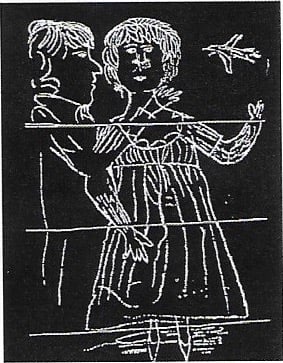

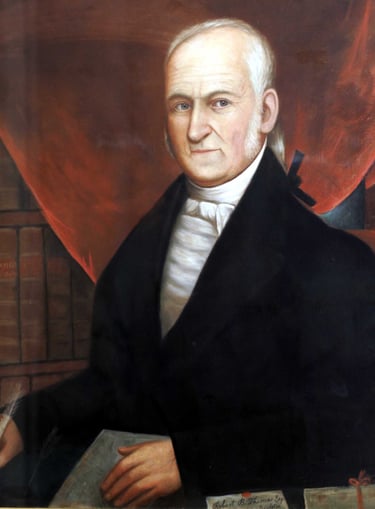

Robert Bailey Thomas
Robert B. Thomas, born on April 24, 1766, founded the Farmer's Almanac. It is the oldest consistently published periodical in the United States. It was first published in 1792 when George Washington was president. Robert Bailey Thomas studied astronomy in order to calculate the weather predictions in his almanacs. The almanac was of particular interest to farmers since it had detailed weather information and recommendations for how to take care of crops. It was an instant success.
Robert B. Thomas lived in the Oakdale section of West Boylston for most of his life. He served as Selectman, assessor, town moderator and as a state representative.
The Beaman Memorial Library boasts one of the only complete collections of the Almanac in the United States. The only other institutions which hold this honor are the Library of Congress and the Almanac headquarters.
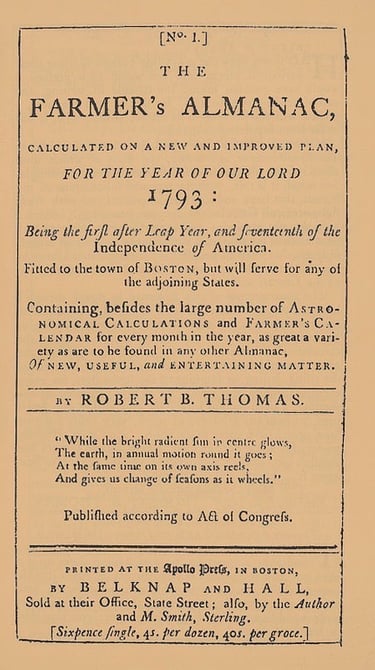

West Boylston Historical Society
PO Box 201
65 West Boylston St.
West Boylston, MA 01583
